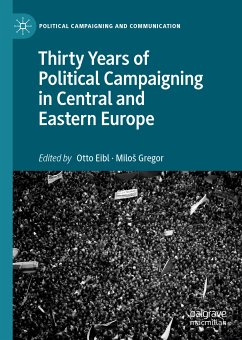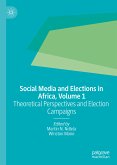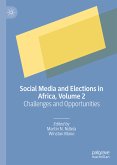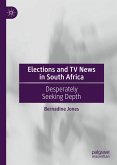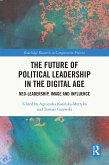Otto Eibl is Assistant Professor at the Department of Political Science, Masaryk University, Czech Republic. His research focuses on political communication, branding and marketing, and he also teaches courses on these subjects.
MiloS Gregor is Assistant Professor at the Department of Political Science, Masaryk University, Czech Republic. His research interests include political marketing, branding, and public relations in politics. He teaches courses on political communication and marketing, propaganda, disinformation, and fake news.
Dieser Download kann aus rechtlichen Gründen nur mit Rechnungsadresse in A, B, BG, CY, CZ, D, DK, EW, E, FIN, F, GR, HR, H, IRL, I, LT, L, LR, M, NL, PL, P, R, S, SLO, SK ausgeliefert werden.

